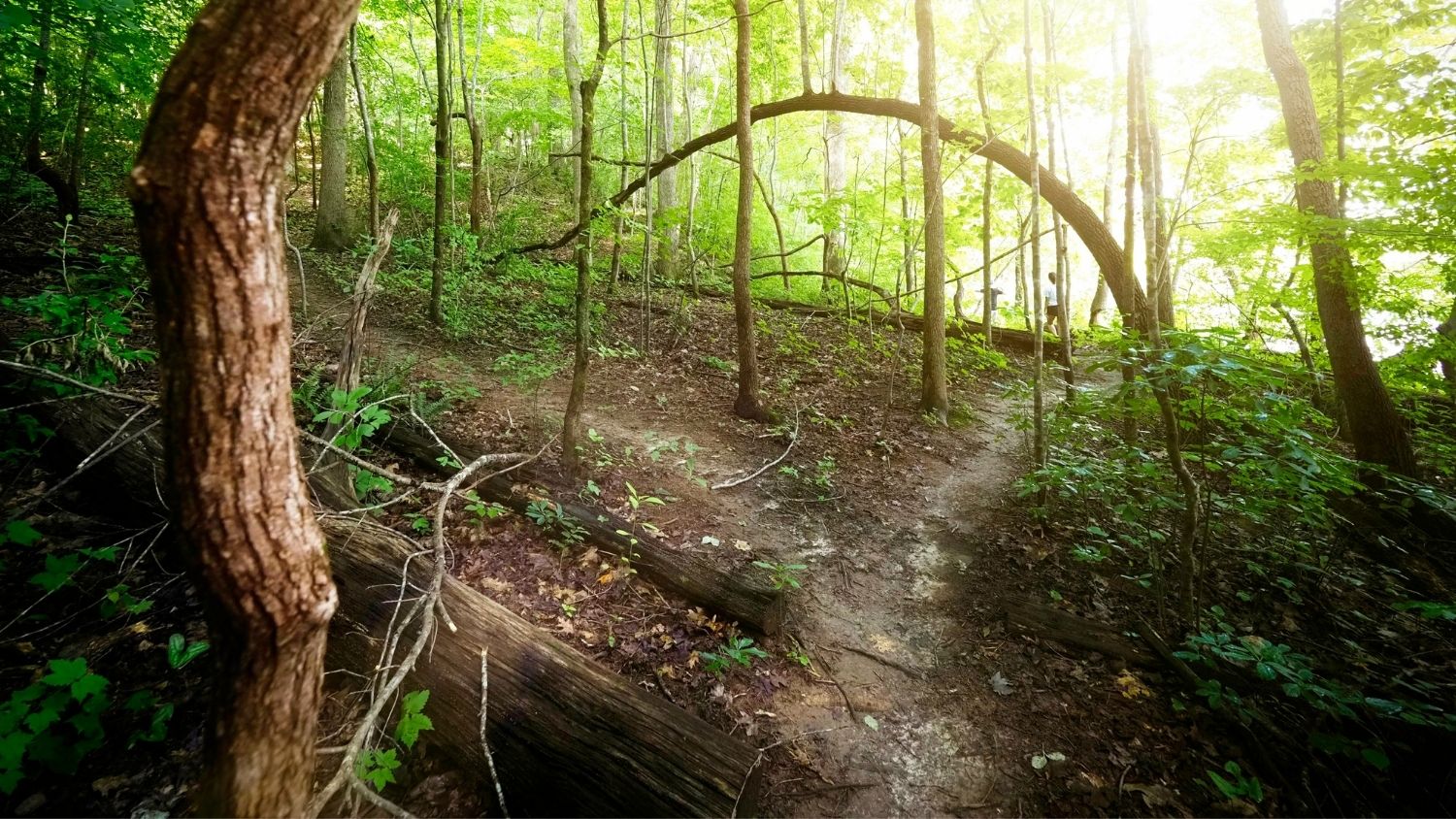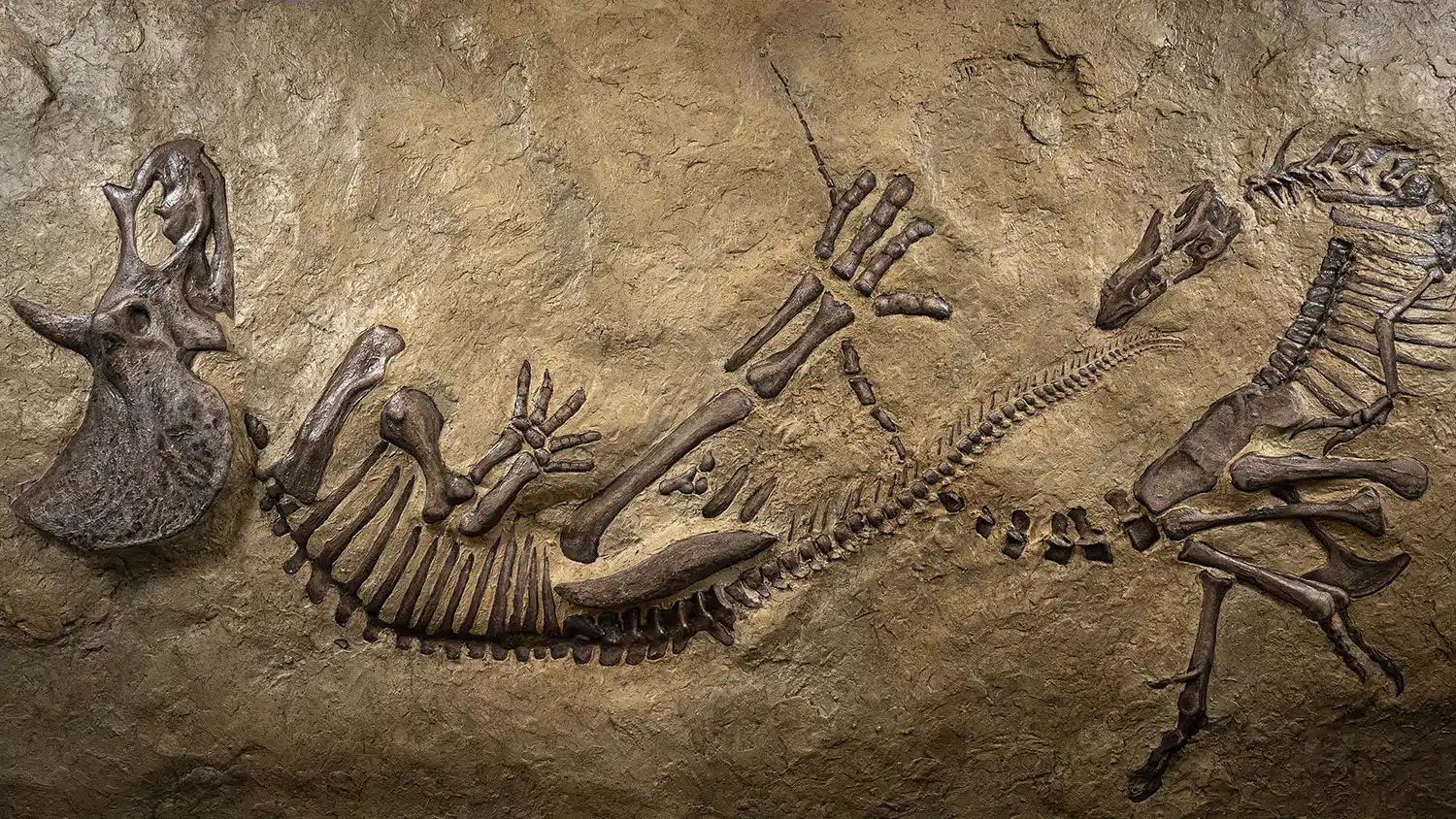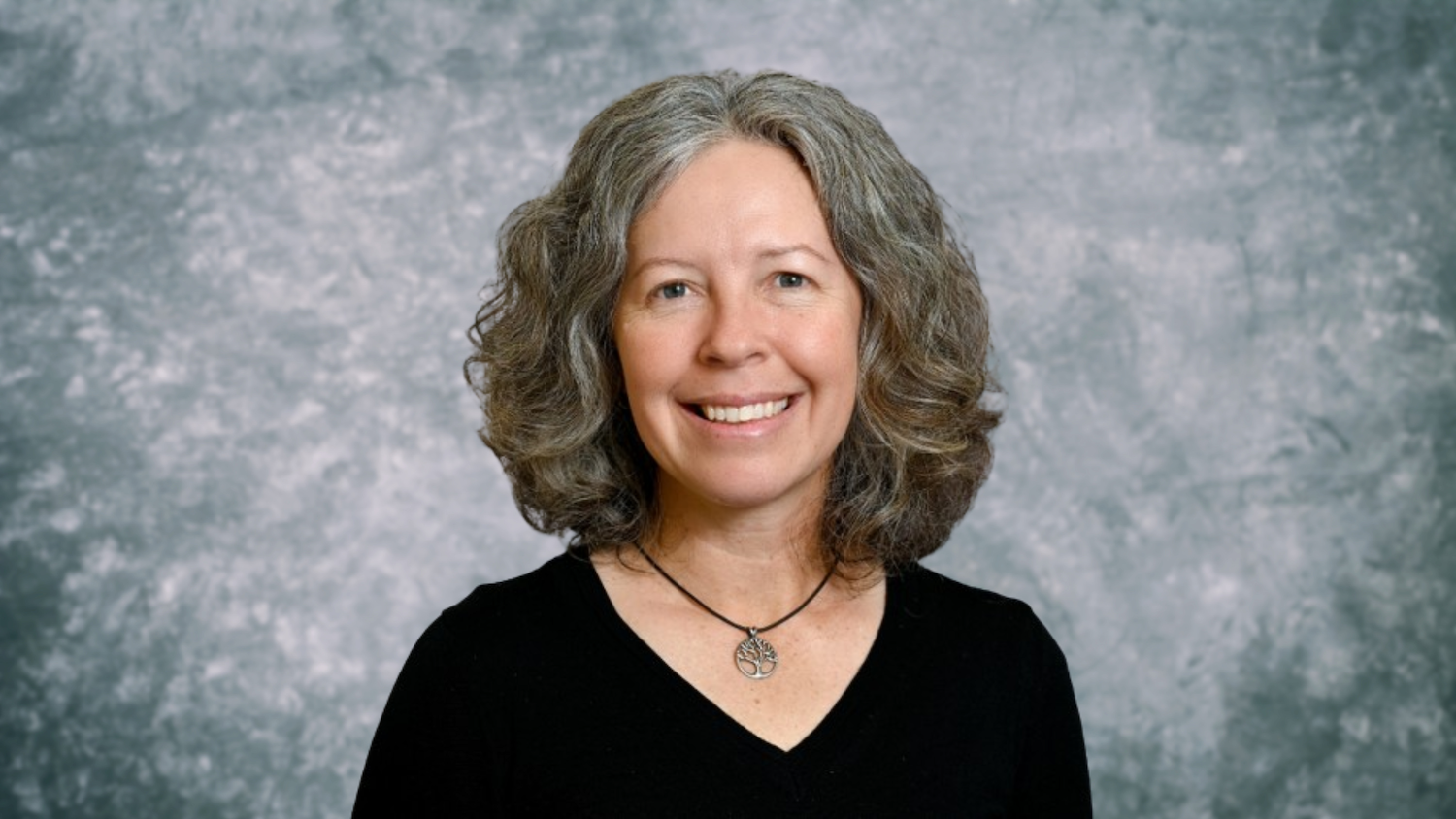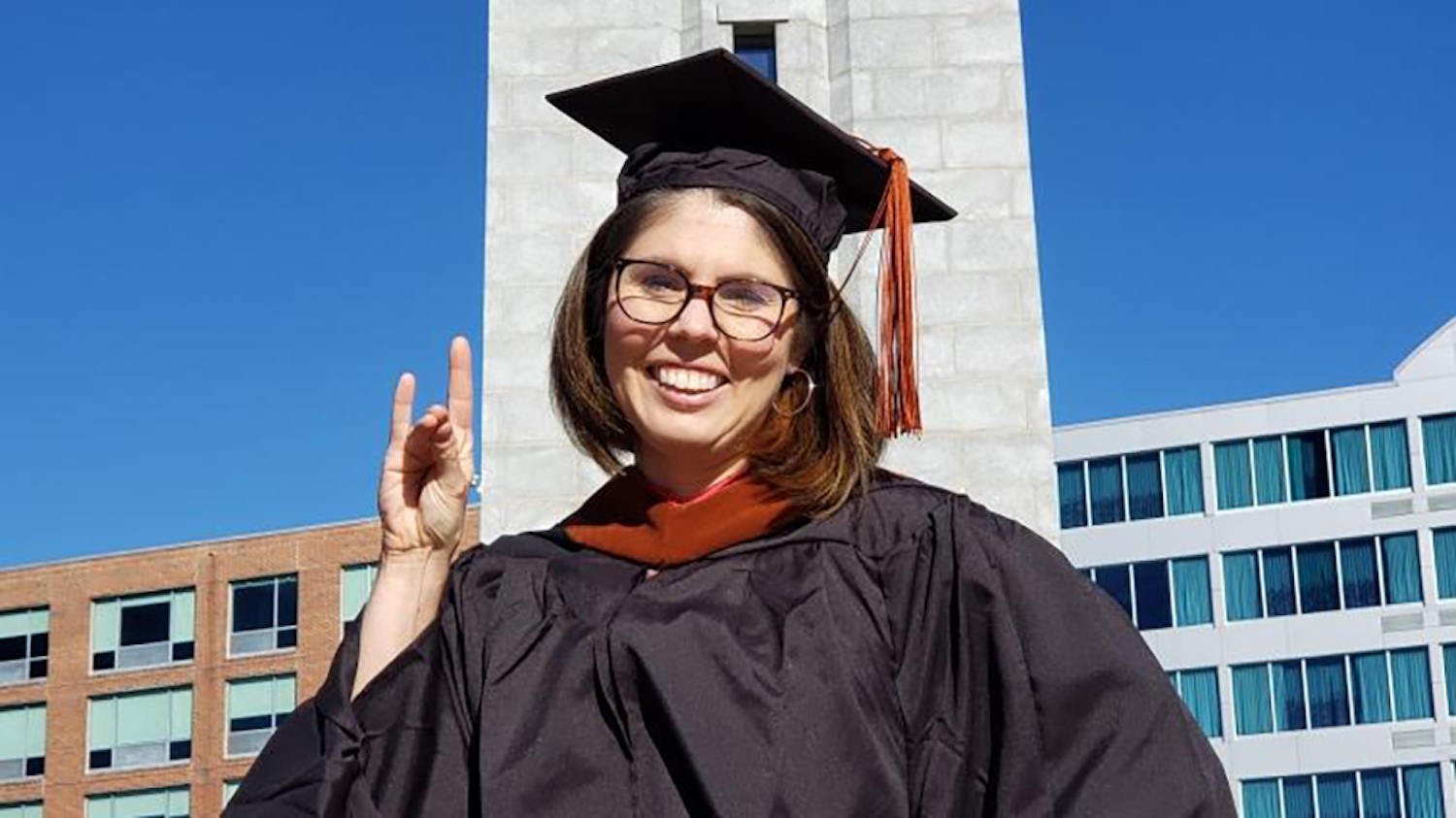#PackToNature

For Earth Month we’re inviting you to go #PackToNature with us. From April 15-19, join us in celebrating sustainability through a daily Instagram Photo Challenge. The best part? You can win prizes for sharing your photos with us.
Here’s how to enter:
- Follow @NCStateCNR on Instagram.
- Follow along with the official #PackToNature Daily Instagram Photo Challenge calendar and take photos based on the daily prompt.
- Upload it to Instagram.
- Tag it with #PackToNature.
- Set your account to public so that we can see your submissions and contact you.
Get your photos in by 11:59:59 p.m. ET each day for the chance to win. Our team of judges will choose the daily winner to be featured on the NC State College of Natural Resources Instagram.
You can enter one photo per day per Instagram account for a total of 5 chances to win.
Read the Official Rules.
#PackToNature Daily Calendar
Use the following daily photo prompts to share your contest entries. Don’t forget to follow @NCStateCNR on Instagram and tag them with #PackToNature.
- Monday, April 15: Sustainability in Travel
- Vroom, vroom. Show us how you travel sustainably.
- Tuesday, April 16: Health and Wellness Outdoors
- Bask in the sunshine. Show us how you’re active outside.
- Wednesday, April 17: 3 R’s
- Show us how you Reduce, Reuse and Recycle.
- Thursday, April 18: Community
- Pack time is the best time. Show us how you hang with your Pack outside.
- Friday, April 19: “Sparking Joy” Sustainably
- From reusable mugs to Victory gardens. Show us what “sparks joy.”
Faculty Get #PackToNature
Our researchers are focused on a variety of sustainable topics from how time in nature can improve health to renewable energy. See how our faculty and staff are getting #PackToNature and follow the daily posts on the @NCStateCNR Instagram.
Monday, April 15: Sustainability in Travel
For associate professor Aaron Hipp, he wants Big Brother to watch. He’s particularly researching the way citizens can use publicly available webcams to track walking and biking patterns in urban areas. This data will help cities and transportation services make more informed decisions with the environment and public needs in mind.
Tuesday, April 16: Health and Wellness Outdoors
Transforming urban neighborhoods with greenways is becoming more popular. This trend can have positive outcomes, like providing space to escape city life, and negative consequences, like discriminating against racial minorities. Assistant professor Dr. Lincoln Larson wants to know who benefits from them in the end.
Wednesday, April 17: 3 R’s
Go Pack and Go Earth! Through a large, campus-wide collaboration, our own Jonathan Casper coordinated a composting initiative at Carter-Finley Stadium. At one game alone, 320 bags of compost were diverted from the landfill. The next step? To work with the College of Engineering to measure the air quality around football stadiums on game day.
Thursday, April 18: Community
What better way to conduct science outside than with friends? Our faculty coordinate a wide range of citizen science projects from listening to your back yard to discovering what critters live around schools. Recently, Deja Perkins, a graduate student, launched the Triangle Bird Count to track the variety of birds in our urban and suburban landscapes. This project brings together birders and non-birders alike and is a great activity for families looking to spend time together outdoors.
Friday, April 19: “Sparking Joy” Sustainably
Nothing “sparks joy” for college students quite like pizza, but the grease and cheese left behind created a massive trash problem as tall as the Empire State Building. From a collaboration between College of Natural Resources students at EcoVillage, NC State’s Waste Reduction and Recycling Office and University Housing, students can now compost their pizza boxes at designated stations.
What’s not as cheesy is the Department of Forest Biomaterials’ research on products affecting the environment and citizens every day. For instance, have you ever considered what happens to the thousands of microfibers that are rubbed off your clothes in the washer? They turn into microplastics that end up in our air, water and food. By partnering with industry leaders, the department is working towards creating more biocompatible and sustainable products.
Post by: Berkeley Bryant


